Saraband (2005)
Dir. Ingmar Bergman
Writ. Ingmar Bergman
w/ Liv Ullman, Erland Josephson, Börje Ahlstedt, Julia Dufvenius
Bergman attributes the idea to Alf Sjöberg, Sweden's greatest filmmaker until his own career unfolded after writing Hets (Torment/Frenzy) for him. "What is half-hidden," Sjöberg told his young protégé, "is far more suggestive, more seductive, more exciting than what is fully visible." The theory rules the prevailing body of Bergman's work; but, in Saraband, he brandishes it with a tangible relish, relating each character's life to the death of one woman in the past.
Considering the story material, the decision to abandon the rule governing actors eyeing the camera creates a unique relationship between the audience and seasoned veteran Liv Ullman as divorce lawyer Marianne. She confides to the viewer her skepticism comingled with her desire to visit her former husband, even as she's approaching the final steps to his sun-basking side after decades of separation. What follows is the great echo of youth in a grouchy maturity, as the two rediscover each other. In their halcyon reunion scene, Marianne brings up his cranky days at university, which Johan dismisses, admitting that he'd been "gummed up in the standard academic nonsense," but that everything had changed when he received his honorary doctorate from the University of Michigan. Later, she tells him that he's like some "forgotten character in a stupid, old film."
Both jests display Bergman's deft humor at work.
Bereft of the daughters she had with Johan -- one lives in Australia, the other vegetates in a home -- Marianne opens maternally to the last generation, the young cellist, Karin. The fast bond with Johan's motherless granddaughter from his first marriage proves life-changing as, two years prior, the girl's mother died and left an inconsolable and vulnerable widower alone with her. Fogged and disadvantaged, Karin has found herself in a sexual imbroglio with her father. Marianne's simple ear provides the necessary candlepower for the girl to make a cathartic move that offsets the lives of her father and grandfather. Thus the two men have lost the common thread -- the girl's mother -- and in so doing, the stage has been set for what storytellers the world over refer to as "the thing."
Using vignetted narrative, woven together as classical movements, Bergman carefully develops this portrait of some of the most brittle family relations ever to get caught on film. Grudges and death have demanded more tensile strength of these characters than any of them had to give, but for one who died. In the Swede's native tongue, he gave this her name, that of his mother: Anna.
What the world has been given, at the end, is hope. Realism provides the backdrop for Bergman's final adieu to the silver screen, but hope drives it home. Whether you remember this as a parting gift to generations of admirers and enthusiasts or as a simple love sonnet to a wife one filmmaker fears he may never see again, you may rest satisfied that you are in the hands of a very wise man who has lived a full life and knows what it is to love.
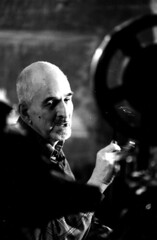
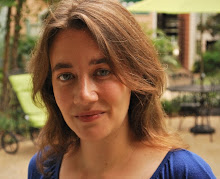
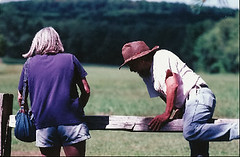
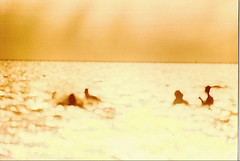

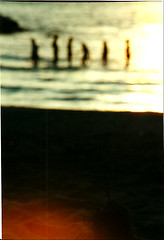
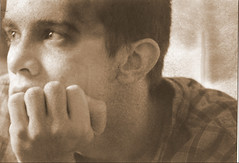
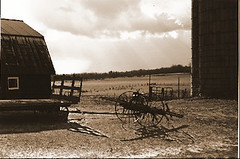
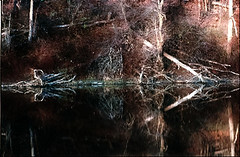






0 Comments:
Post a Comment
<< Home